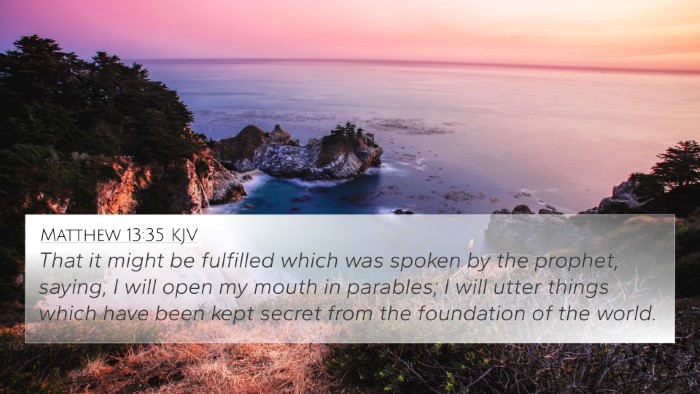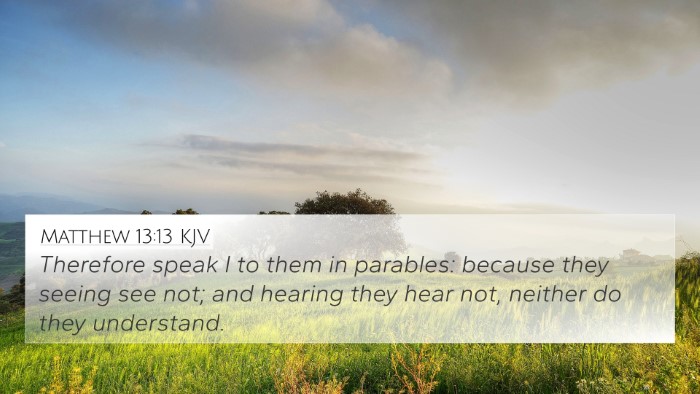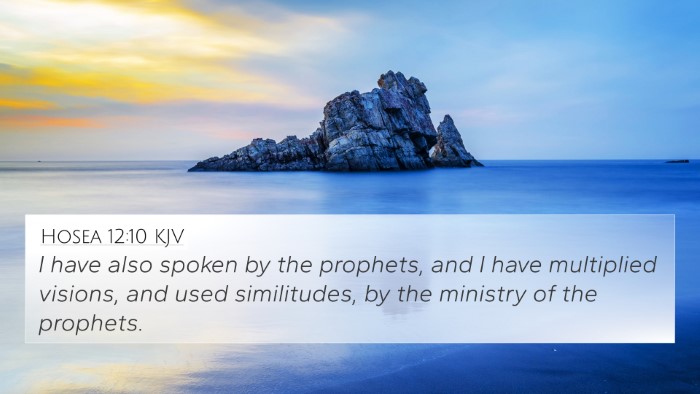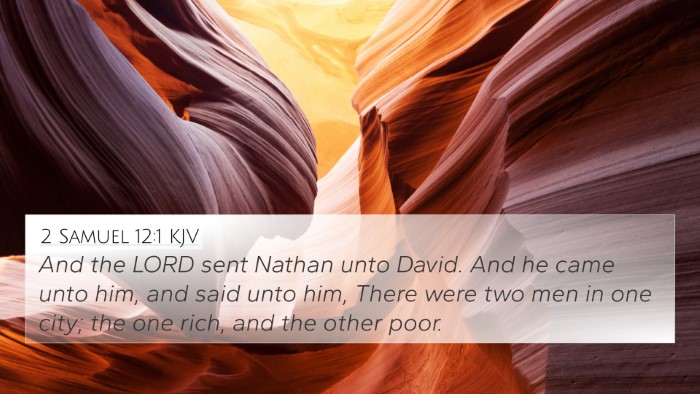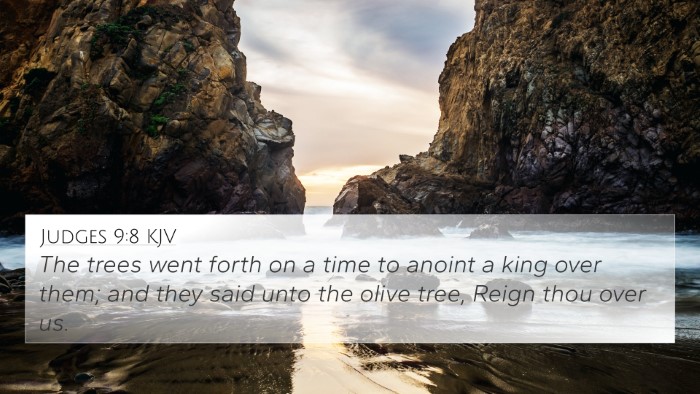Ezekiel 17:2 - Summary and Interpretation
Ezekiel 17:2 states: "Son of man, put forth a riddle, and speak a parable unto the house of Israel." This verse introduces a symbolic message delivered through a riddle and a parable. Understanding this verse requires insight into its broader context within the Book of Ezekiel and its prophetic nature.
Contextual Understanding
The Book of Ezekiel is filled with allegories and symbolic language. In this particular instance, the prophet Ezekiel is commanded to present a riddle—an enigmatic statement that conveys deeper truths. The house of Israel represents the people of God, who are often depicted as needing guidance and clarification due to their waywardness.
Insights from Public Domain Commentaries
Matthew Henry's Commentary
Matthew Henry emphasizes that the use of riddles and parables serves a divine purpose: to grasp the attention of listeners and provoke thought. By employing this method, God seeks to reveal hidden truths about the state of Israel. Henry highlights the importance of seeking understanding and interpretation, alluding to the ways in which God's messages often require contemplation and introspection.
Albert Barnes' Notes on the Bible
Albert Barnes notes that this riddle and parable symbolize the events surrounding Israel's fate and God's judgment. Barnes explains that, throughout the prophecy, there is a call for Israel to reflect on their disobedience and the consequences that follow. The riddle serves as a literary device that engages the audience, compelling them to consider their actions and responsibilities before God.
Adam Clarke’s Commentary
Adam Clarke expounds on the intent behind God presenting parables through Ezekiel. He suggests that parables function as a means to reveal truths about the kingdom of God and the nature of man. Clarke points out that God often speaks in veiled terms to challenge the people to think critically about their relationship with Him, urging them to seek the underlying message in the symbolism.
Thematic Connections
This verse can be connected to broader themes within Scripture regarding the significance of parables as a way of divine communication.
- Psalm 78:2: "I will open my mouth in a parable; I will utter dark sayings of old," indicating a consistent biblical theme of conveying wisdom through riddles.
- Matthew 13:10-11: Explains why Jesus spoke in parables, revealing truths to those who seek understanding.
- Isaiah 6:9-10: God's command to Isaiah to speak to the people in parables that they may not understand, emphasizing that divine truths are sometimes concealed.
- Luke 8:10: Jesus interpreting the purpose of parables as a method to reveal mysteries to the faithful.
- Proverbs 1:6: "To understand a proverb and a figure, the words of the wise and their riddles," suggesting the importance of wisdom in interpreting Biblical literature.
- Mark 4:34: Indicates that Jesus explained everything privately to his disciples, showing the specialized understanding that comes with seeking God’s wisdom.
- Matthew 7:7: "Ask, and it will be given to you; seek, and you will find," reflecting the importance of a pursuit of knowledge in understanding God's messages.
- John 10:6: Highlights how Jesus used figures of speech to convey message about the shepherd and the sheep, paralleling the use of riddles.
- Luke 15:3-10: The parables of the Lost Sheep and the Lost Coin reveal God's heart for the lost and the joy found in repentance.
- 1 Corinthians 2:7: "But we speak the wisdom of God in a mystery," showing that deeper truths are often communicated as riddles or parables.
Comparative Analysis
When performing a comparative Bible verse analysis, it is crucial to consider the thematic links between this verse and others mentioned. The application of parables across the scriptures emphasizes God's intentionality in bridging gaps of understanding between divine messages and human comprehension. Observing such Bible verse parallels reveals a unified scriptural narrative that encourages the pursuit of wisdom and understanding.
Practical Application for Study
For those engaged in cross-reference Bible study, Ezekiel 17:2 invites readers to explore connections effectively:
- How to use Bible cross-references: Utilize a Bible concordance to find related scriptures that elucidate meaning.
- Bible reference resources: Access guides or tools designed to spotlight connections between thematic elements across books.
- Cross-referenced themes in the Bible: Identify presents similar commands or prophetic messages for a broader understanding.
Tools for Deepening Understanding
Utilizing a bible cross-reference guide enhances comprehension of not only individual verses but also overarching themes that unite them:
- Employing comprehensive Bible cross-reference materials reveals thematic consistencies.
- Engaging with the Bible chain references encourages deeper dives into sequence and context.
- Considering identifying connections between Old and New Testament can enhance understanding of prophetic fulfillment.
Conclusion
The riddle in Ezekiel 17:2 serves a transformative purpose in prophetic literature, urging reflection and deeper inquiry into God's relationship with His people. Such understanding enriches one's approach to studying scripture, compelling further exploration of interconnected passages that enhance theological insights.
Final Reflection
As we explore scripture, let us remember the words of Proverbs 25:2: "It is the glory of God to conceal a matter: but the honor of kings is to search out a matter." Seeking the meanings behind the words invites us into a richer experience of our faith journey.






